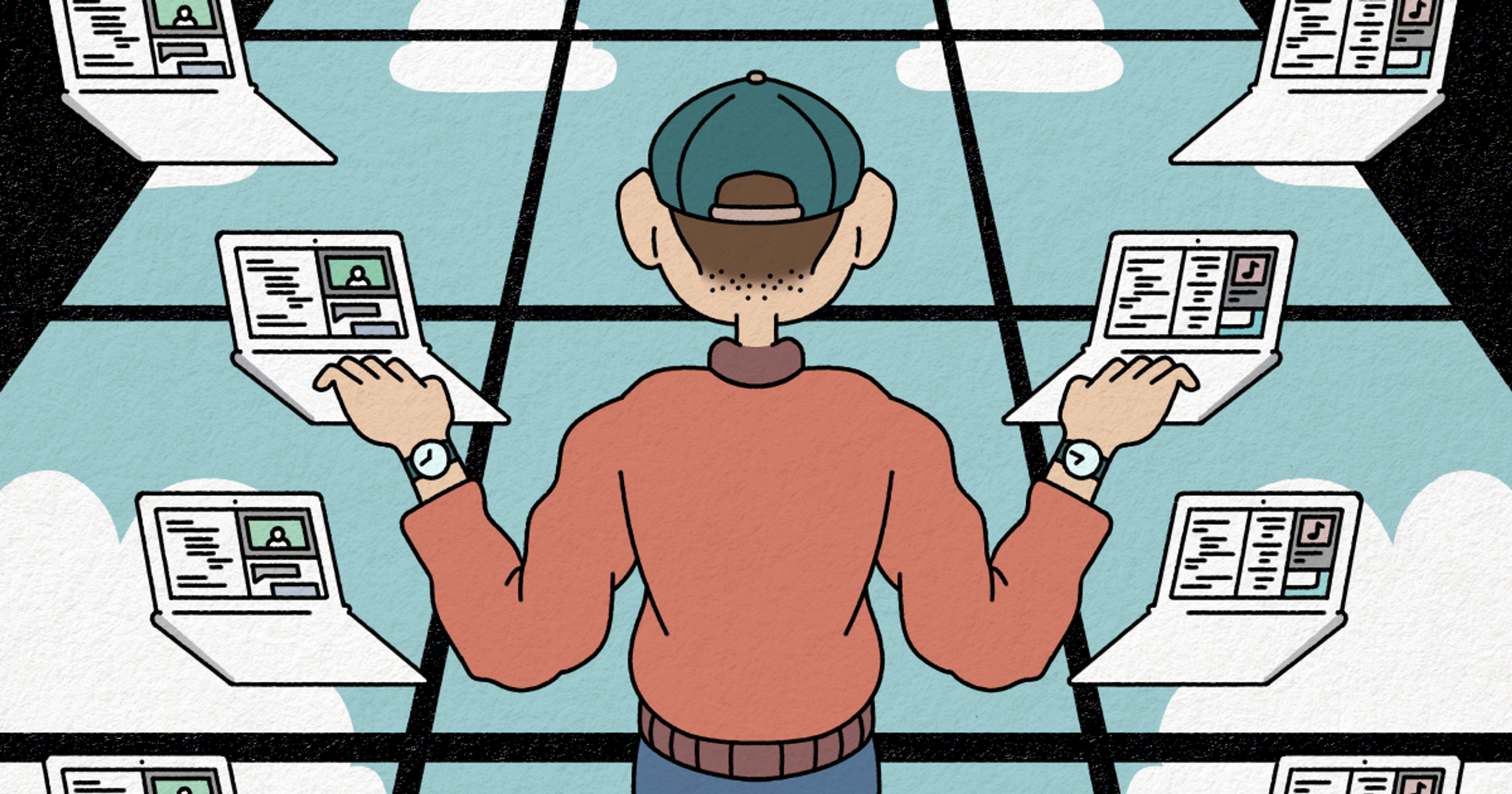[Ed. note: While we take some time to rest up over the holidays and prepare for next year, we are re-publishing our top ten posts for the year. Please enjoy our favorite work this year and we’ll see you in 2024.]
There’s enough of an overlap between people with ADHD (attention-deficit/hyperactivity disorder) and people who code for a living that programmers with ADHD have their own subreddit. Other subreddits abound with ADHD-related advice-givers and advice-seekers. We’ve also discussed ADHD and the broader topic of neurodivergency on the Stack Overflow Podcast, with co-host Ceora Ford describing her experience being diagnosed with ADHD and persistent misconceptions around neurodiversity in the tech community.
ADHD diagnosis rates are on the rise for both adults and kids, though as you might expect it’s tough to know whether this rise is attributable to a higher incidence of ADHD or simply an increase in the number of diagnoses made. Either way, more people are understanding their experiences and abilities through the lens of ADHD, and this includes many people who code. But is there really a connection between programming and ADHD? And could it be that people with ADHD are particularly well-suited to programming careers?
A perfect fit?
Many developers with ADHD feel their job is a perfect fit for how they think and approach problems. “Coding can give ADHD brains exactly the kind of stimulation they crave,” explains full-stack developer Abbey Perini. “Not only is coding a creative endeavor that involves constantly learning new things, but also once one problem is solved, there’s always a brand new one to try.”
In addition to a revolving door of fresh challenges that can keep people with ADHD engaged, coding can reward and encourage a state of hyperfocus: a frequently cited symptom of ADHD that developer Neil Peterson calls “a state of laser-like concentration in which distractions and even a sense of passing time seem to fade away.” It’s easy to draw parallels between hyperfocus and the flow state, a distraction-free groove in which programmers, writers, musicians, artists, and other creators produce their best work (occasionally while forgetting to eat). Our paid platform, Stack Overflow for Teams, is popular with developers in large part because it helps them avoid distraction and protect the productive sanctity of their flow state.
But for every quality that makes coding perfect for people with ADHD (or vice versa), there’s another that could represent a particular hurdle. For instance, ADHD can make people more vulnerable to inattentive mistakes, missed deadlines, or unfinished projects. A perennial question on Reddit is some variation of “Programmers with ADHD, how do you stay on track?”
Combating stigma with candor
The reality is that while some forms of neurodivergence might lend themselves to certain careers (I’ve always thought that my obsessive-compulsive disorder makes me a better copyeditor, for example), individual results will continue to vary.
But it’s good news that many programmers with ADHD seem emboldened to share their experiences, offer advice, and ask for support and accommodation when they need it. And as we discussed on a recent podcast episode, more developers (and their managers) are having conversations about how to support the success of neurodiverse team members.
An open dialogue about ADHD and other forms of neurodiversity is a crucial step in dismantling the remaining stigma around neurodiversity in tech. These conversations happen best in psychologically safe environments—something for managers to take to heart, especially in a time when many of us are already feeling increased pressure thanks to industry-wide layoffs.
Making work and hiring more accessible to neurodiverse people benefits everyone in the organization. Neurodiverse people can contribute unique problem-solving approaches, an affinity for hard skills like data analysis, and a tendency toward perfectionism that can elevate overall quality, says Mariann Lowery, Product/UX Research Lead at Stack Overflow. And making the workplace more inclusive can increase employee engagement and give us a greater sense of purpose at work—whether we identify as neurodiverse or not.
